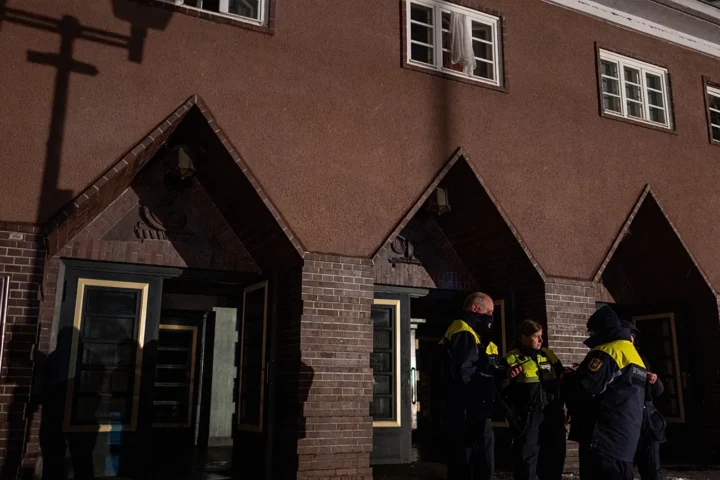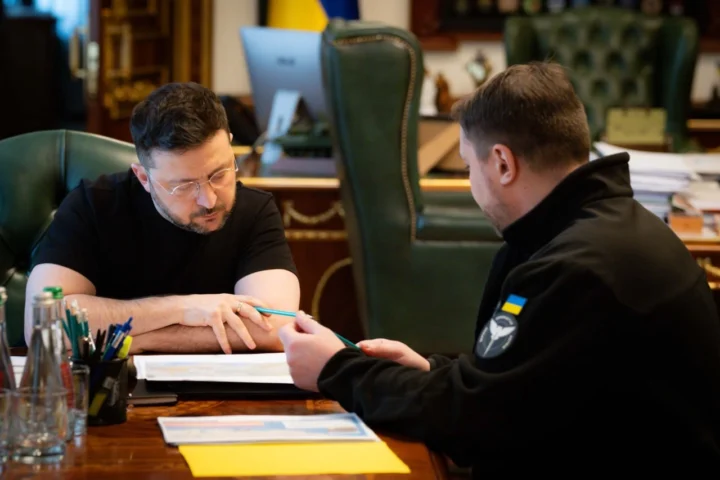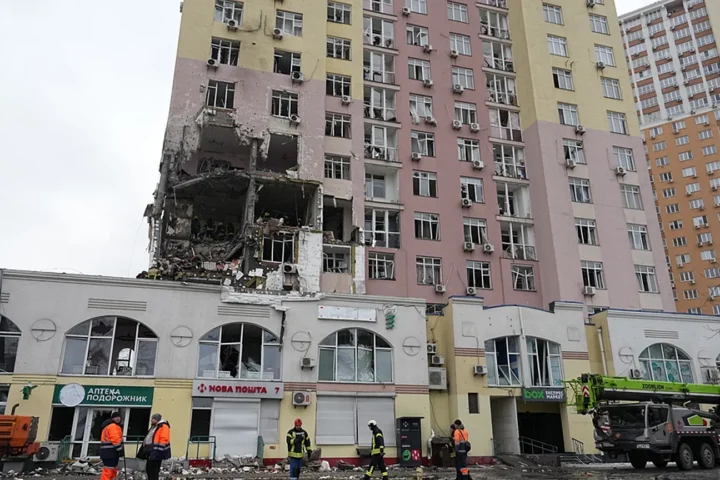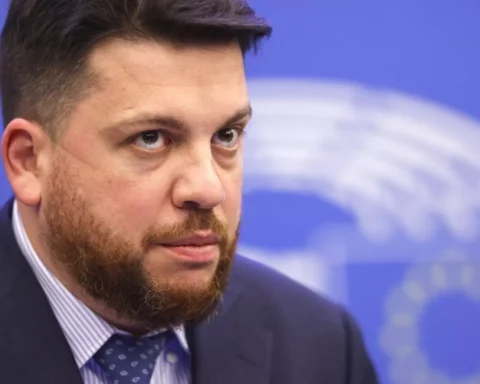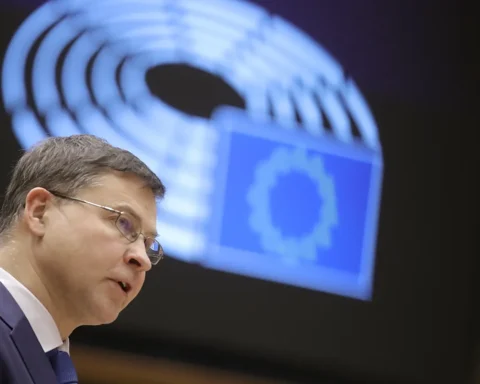As the conflict between Israel and Iran intensifies, the role of European powers is under global scrutiny. While Europe has historically supported Israel’s right to self-defense, direct involvement in a war against Iran presents complex political, economic, and security dilemmas.
Europe’s Diplomatic Stance
European Union leaders have consistently urged for restraint and dialogue. Countries like France, Germany, and the UK have expressed concern over the regional escalation, calling for a de-escalation of tensions between Israel and Iran. The EU’s traditional role has been that of a mediator in Middle Eastern affairs, advocating for stability and diplomacy.
However, support for Israel remains strong in key European capitals—especially in the wake of perceived Iranian aggression or threats to regional allies. If Israel is seen as responding defensively to a direct attack, some European nations may increase intelligence, economic, or logistical assistance without entering the battlefield.
Military Involvement: Unlikely but Not Impossible
Most European countries are reluctant to engage in another Middle Eastern war. After costly involvements in Iraq, Syria, and Afghanistan, there is little appetite among European voters or politicians for new military commitments. That said, circumstances could change if:
- Iran attacks European assets or embassies.
- Terror threats tied to the conflict rise on European soil.
- A coalition led by NATO or the U.S. is formally formed and requests assistance.
In these scenarios, countries like the UK, France, or Germany may offer limited military support, such as naval patrols, air defense systems, or special forces operations.
Divisions Within Europe
The European response is far from unified. Some Eastern European nations, traditionally more aligned with U.S. foreign policy, may offer firmer support to Israel. Others, particularly those with deeper energy ties to the Gulf or Iran, could oppose a war and push for a negotiated settlement.
Moreover, countries like Switzerland, Austria, and Ireland typically adopt neutral or non-aligned stances and are unlikely to back military action.
Economic and Energy Factors
Europe still relies on Middle Eastern oil and gas supplies, particularly as it transitions away from Russian energy. A regional war could threaten supply chains, push up prices, and destabilize global markets. Thus, many European leaders view involvement in the war as a risk to their domestic economic stability.
Conclusion
Europe is likely to support Israel diplomatically and defensively—but not join an all-out war against Iran unless there is a significant shift in the geopolitical landscape. Direct European military involvement would require provocation, coalition consensus, and strong public backing—none of which currently exist. For now, Europe remains a cautious observer, advocating for de-escalation while reinforcing its alliances.




